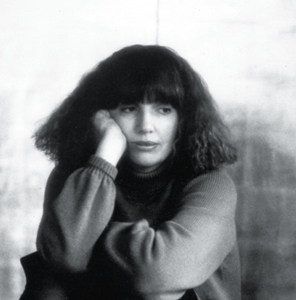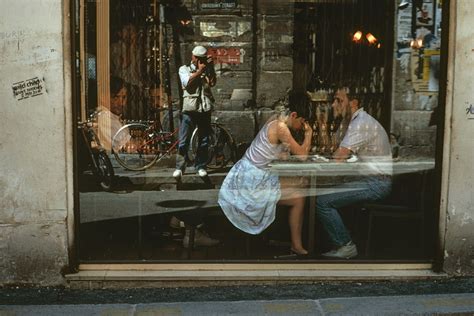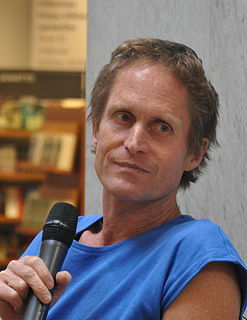A Quote by W. G. Sebald
One has the impression that something is stirring inside [photographs] - it is as if one can hear little cries of despair, gémissements de désespoir... as if the photographs themselves had a memory and were remembering us and how we, the surviving, and those who preceded us, once were.
Quote Topics
Related Quotes
Saudi Arabia is so conservative. At first there were photographs of women I took that I couldn't publish - of women without their abayas. So I started writing out little anecdotes about things I couldn't photograph and wove it in with a more obscure picture and called it "moments that got away". I realised these worked as well as the photographs by themselves. There are a lot of photographers who feel the story is all in the photographs but I really believe in weaving in complementary words with the pictures.
For many of us, the hospital was as much a refuge as it was a prison. Though we were cut off from the world and all the trouble we enjoyed stirring up out there, we were also cut off from the demands and expectations that had driven us crazy. What could be expected of us now that we were stowed away in a loony bin?
My parents used to park us kids at the public library in downtown Honolulu every Saturday. They'd leave us there at 8 A.M. and pick us up at 4 P.M. - so between those hours, you'd better find something to do! I sat upstairs in the picture room and went through opera, ballet, and theater books. I loved the photographs of people wearing elaborate makeup and costumes - they really pulled at me inside. I was in that library every week for years, until I was about 13. I had a rich interior life, because I didn't have much of a social life.
Those who were on the inside, the majority that is, for them it had been hard to get his point, mostly they were just pleased that they were on the inside, that they were the fittest. For those on the outside, the fear and abandonment amounts to almost everything; everybody knows that. Understanding is something one does best when one is on the borderline.
we have to listen to the child we once were, the child who still exists inside us. That child understands magic moments. We can stifle its cries, but we cannot silence its voice.The child we once were is still there. Blessed are the children, for theirs is the kingdom of heaven.If we are not reborn if we cannot learn to look at life with the innocence and the enthusiasm o childhood it makes no sense to go on living.





































